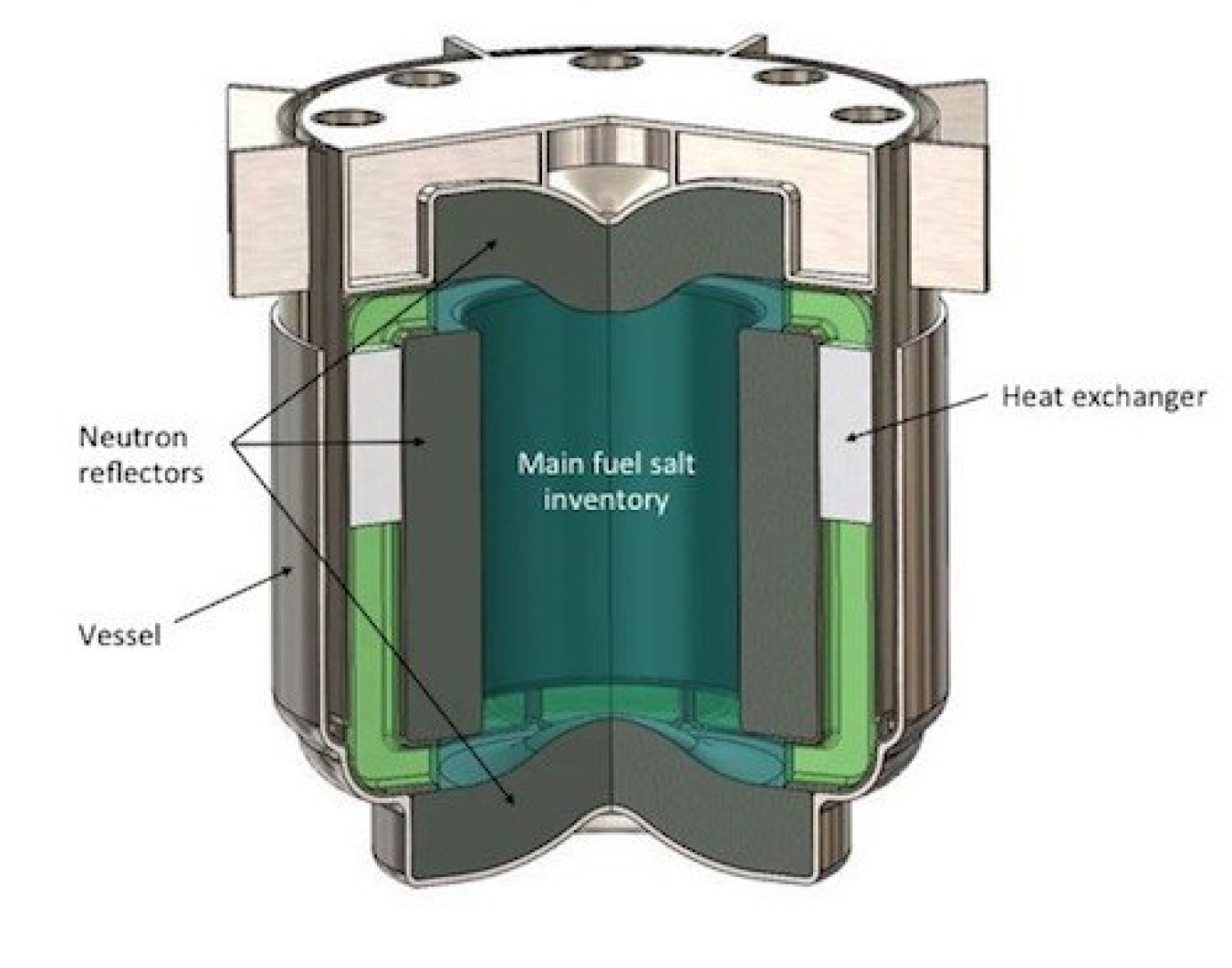 The US Department of Energy (DOE) has released the final environmental assessment and a proposed “finding of no significant impact” (FONSI) for the design, construction, and operation of the Molten Chloride Reactor Experiment (MCRE) at Idaho National Laboratory (INL).
The US Department of Energy (DOE) has released the final environmental assessment and a proposed “finding of no significant impact” (FONSI) for the design, construction, and operation of the Molten Chloride Reactor Experiment (MCRE) at Idaho National Laboratory (INL).
The final environmental assessment details the review and analysis of alternatives DOE considered for MCRE based on the National Environmental Policy Act. DOE has determined that the construction and operation of MCRE will have no significant environmental or human health impact and has released a draft FONSI. DOE is inviting public comment the FONSI until 31 August.
The MCRE experiment is scheduled to run for approximately six months at INL, after which it will be decommissioned. The aim is to provide data crucial to the development of TerraPower’s Molten Chloride Fast Reactor (MCFR) design.
US Assistant Secretary for Nuclear Energy Dr Kathryn Huff said: “MCRE will be the world’s first test of a fast-spectrum, salt-fuelled reactor design. This experiment will help advance an unexplored class of reactors and the environmental assessment is an important step toward demonstrating the technology.”
The MCFR would use liquid salts as both a coolant and fuel, allowing it to operate at high temperatures to produce heat or electricity more efficiently than today’s reactors. In December 2020, DOE selected a team led by Southern Company for an Advanced Reactor Demonstration Program (ARDP) Risk Reduction award to design, build, and test MCRE at INL.
Under the ARDP project, the team will construct the experimental system offsite and ship it to INL, where it will be fuelled using materials currently in storage at the laboratory.
Image: Cross-section of MCRE (courtesy of US DOE)






